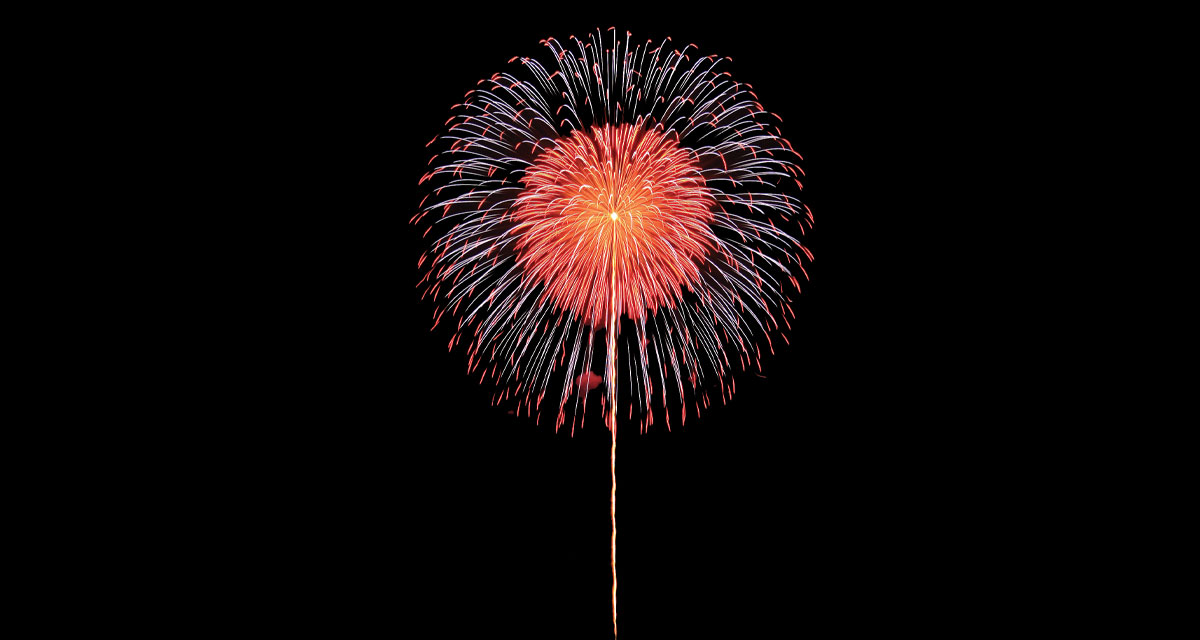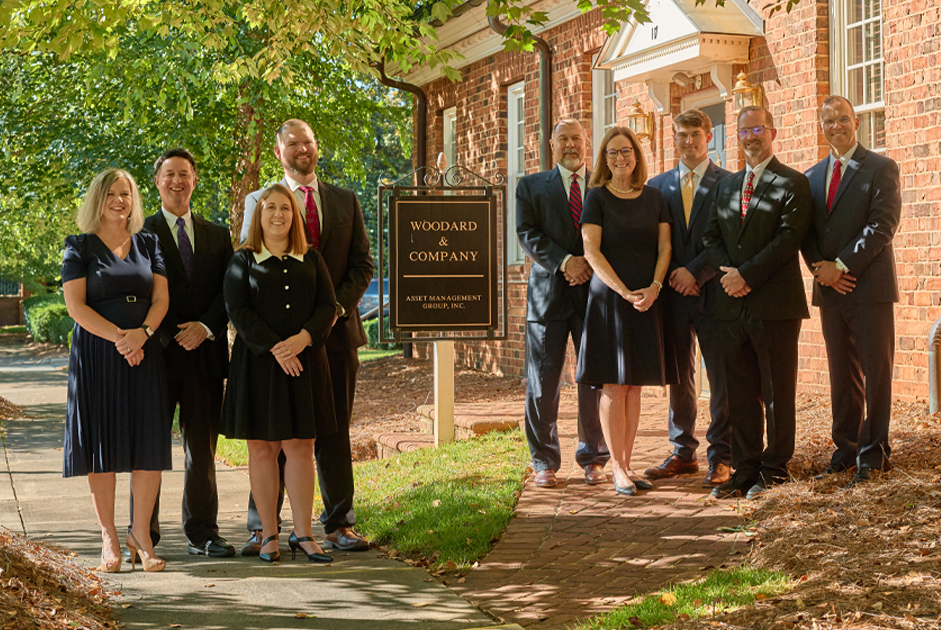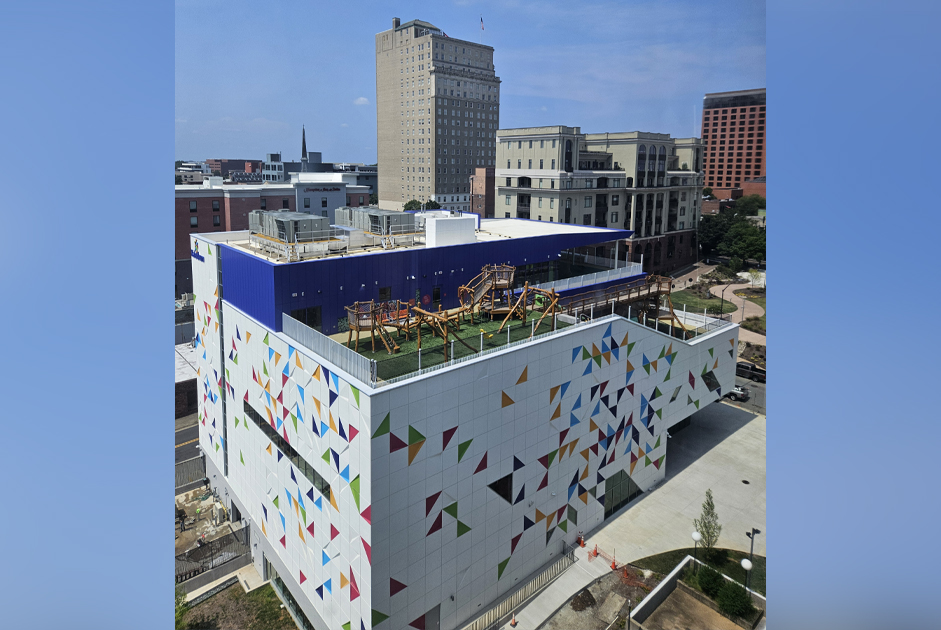What would July 4th be without fireworks? Many of us found out last year when most Independence Day celebrations were canceled. It wasn’t too much fun. There’s something very special and patriotic about watching fireworks. But have you ever wondered why fireworks are so closely tied to July 4th?
As it turns out, setting off fireworks of all shapes and colors, particularly red, white, and blue, goes almost as far back as our independence as a country.
Fireworks have a long and colorful history, dating back to the summer of 1776. During the first months of the Revolutionary War, on July 1st, delegates of the Continental Congress were in Philadelphia, PA, debating over whether the 13 original colonies should declare their independence from Britain’s Parliament, as well as King George III himself.
The night of July 1st, news arrived that British ships had sailed into New York Harbor, posing an immediate threat to the Continental troops commanded by George Washington. On July 2nd, delegates from 12 of the 13 colonies voted in favor of independence, followed on July 9th by New York, the initial hold-out colony. On July 3rd, even as Congress revised a draft of the Declaration composed by Thomas Jefferson, a very excited John Adams took pen to paper to write to his wife, Abigail.
John Adams wrote, “The Second Day of July 1776, will be the most memorable epoch, in the history of America. I am apt to believe that it will be celebrated, by succeeding generations, as the great anniversary festival. It ought to be solemnized with pomp and parade, with shews (sic), games, sports, guns, bells, bonfires, and illuminations from one end of the continent to the other from this time forward forevermore.” Although Adams was off by a couple of days (July 4th, not July 2nd), you get the idea.
So on July 4th, after making 86, mostly small, changes, to Jefferson’s draft, Congress officially adopted the Declaration of Independence, though most delegates didn’t even sign the document until August 2nd, 1776. Some spur-of-the-moment celebrations greeted the Declaration’s first public readings on July 8th, in front of local militia troops in Pennsylvania and New Jersey; however, the first organized celebration of Independence Day would occur in Philadelphia on July 4th, 1777.
The Pennsylvania Evening Post wrote on July 5th, 1777, “Yesterday the 4th of July, being the anniversary of the Independence of the United States of America, was celebrated in this city with demonstrations of joy and festivity. About noon all the armed ships and rallies in the river were drawn up before the city, dressed in the gayest manner, with colors of the United States and streamers displayed.”
The armed ships on the river fired a 13-gun salute in honor of the 13 colonies with festivities, including an elegant dinner (no hot dogs at this shindig), a military demonstration, and a performance by a Hessian band. The evening’s activities closed with a grand exhibition of fireworks, which began and concluded with 13 rockets, illuminating the city of Philadelphia.
John Adams’ hometown of Boston, MA, had its own display of fireworks that July 4th, as Colonel Thomas Crafts of the Sons of Liberty took the opportunity to set off fireworks and shells over Boston Common. In the years to come, various cities continued the tradition of celebrating independence, holding picnics, parades, speeches, and shooting off fireworks. Boston was the first city to designate July 4th as an official holiday in 1783.
Adams lived to celebrate 50 years of America’s independence. Oddly, on July 4th, 1826, the 50th anniversary of Congress’ adoption of the Declaration of Independence, he died at his home in Quincy, MA, just 5 hours after Thomas Jefferson’s death in Virginia.
Independence Day celebrations really became a staple in America after the War of 1812. Fireworks were more widely available by that time, but due to public safety concerns, cannon and gunfire were gradually phased out over the years.
In 1870, Congress established Independence Day as an official holiday. This year, as you celebrate our country’s independence, remember the simple beginnings of the 4th of July and appreciate what makes the day so very special.



















